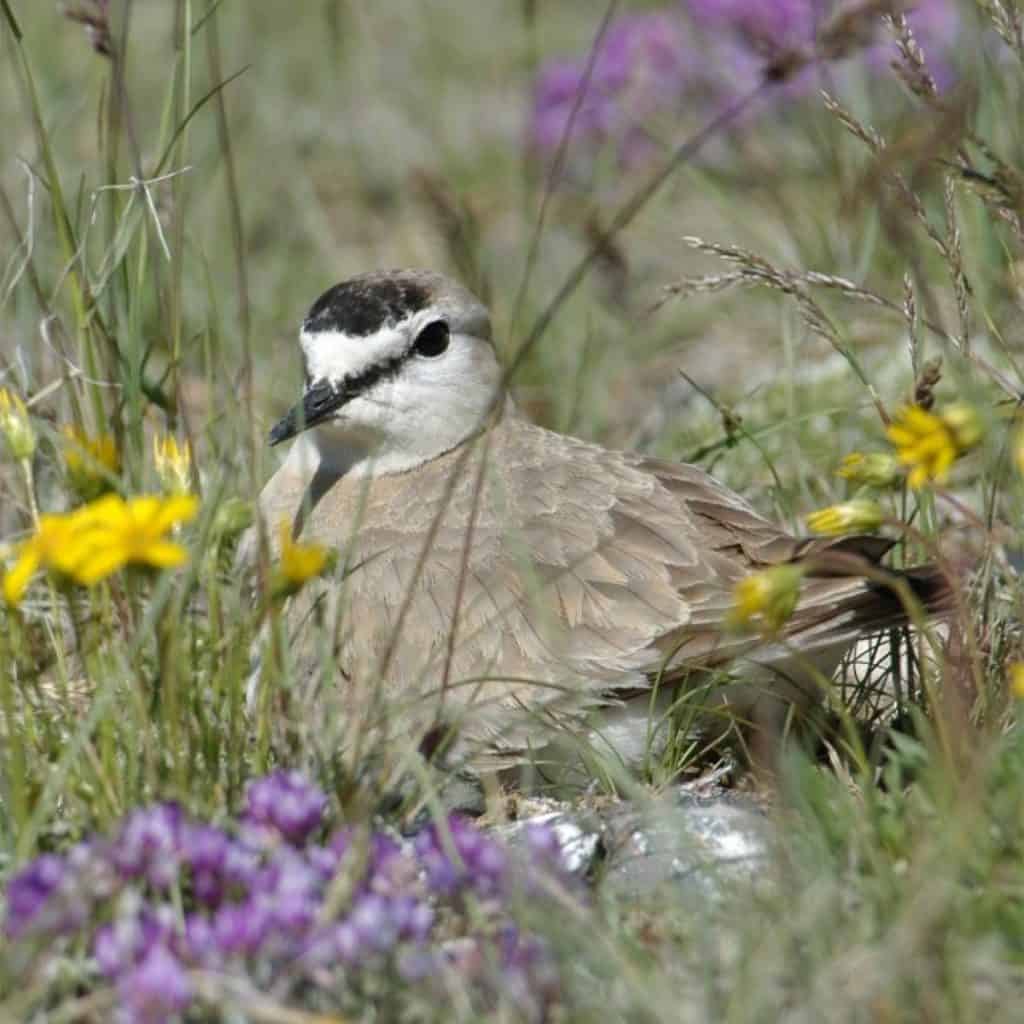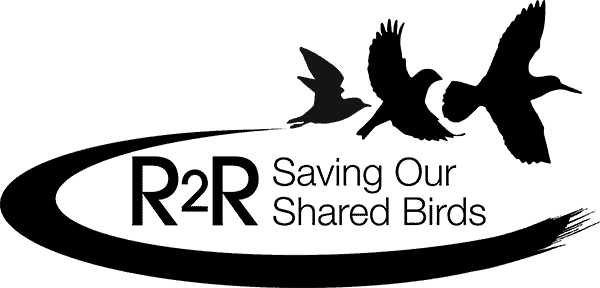Resources
Prior Workshops
Workshop 1 · 7-8 JULY 2020
This workshop convened 122 virtual attendees from the U.S., Canada, and Mexico, representing NGOs, state agencies, U.S. joint ventures, and academic institutions, to garner their expert wisdom on the best approaches available for identifying limiting factors.
Workshop 2 · 1-3 December 2020
This workshop convened over 300 virtual attendees to build a vision for new science on priority species that focuses on identifying linked populations, understanding limiting factors, and pinpointing specific causes of decline.
Workshop 3 · 27-29 July 2021
This workshop brought together a total of 511 participants to explore how social science, communications and co-production can be incorporated into recovery of species on the brink and to reduce the gap between research and conservation action. We developed a process for advancing species towards sustainable population recovery, beginning with Tipping Point Species.
Workshop 4 · 17-19 Jan. 2024
Road to Recovery’s first in-person workshop brought together nearly 150 participants to advance recovery of North American birds. Participants attended from the U.S., Canada, Mexico, and the Caribbean, representing NGOs, state and federal agencies, U.S. joint ventures, and academic institutions. This workshop combined plenary talks, panel discussions, and dynamic breakout sessions centered around the themes:
- Support the development and transition of species working groups into recovery teams
- Integration of biological and social science using a co-production model
- Foster partnerships for sustainable recovery
- Develop and implement diverse and inclusive international collaboration
- Develop analytical tools to identify and prioritize limiting factors in the context of incomplete information
Prior Engagement Sessions
Session 1 · 13 December 2021
Development of the R2R Guidance Document
The R2R Guidance Document developed during this session illustrates the Road to Recovery process—still being refined— to recover declining species by bringing together natural science, social science, communications, and principles of co-production. The phases of the Road to Recovery process included in this document include examples presented during the third workshop in July 2021.
Session 2 · 10 June 2022
R2R Introduction and Listening Session for State Governments
R2R recognizes the fundamental role state agencies and land management entities play in successfully recovering bird populations. Ken Rosenberg, lead author on the Science paper, outlined our continuing R2R growth. Edwin Juarez (Arizona Game and Fish) and Sarah Kendrick (U.S. Fish & Wildlife Service, previously Missouri Department of Conservation) outlined calls to action specifically designed for states to address rapid species declines and further engage with R2R via research, RAWA, SWAPs, and Southern Wings.
Session 3 · 12 August 2022
Developing the Process of Recovery for North American Birds
This session focused on four pilot species (Lesser Yellowlegs, Evening Grosbeak, Golden-winged Warbler, and Yellow-billed Cuckoo) initially funded by R2R to demonstrate the steps of moving species through the recovery process. Lightning talks by each focal species working group outlined: 1) where their species is in the recovery process, 2) the objectives of their R2R-funded pilot project, and 3) how they anticipate application of the R2R process will advance the recovery of their species.
Session 4 · 12 September 2023
R2R Engagement with Migratory Bird Joint Ventures
R2R hosted a virtual engagement session with staff of the 25 Migratory Bird Joint Ventures from across North America and the R2R leadership. R2R is working toward developing mutually beneficial relationships between the dozens of bird species working groups and these cooperative regional partnerships that work to conserve habitat for the benefit of birds.
Session 5 · 3 November 2023
R2R Social Engagement Session
R2R and the bird conservation community know that the integration of social science into bird conservation efforts is essential for recovery. We hosted a session focused on targeted social science associated with critical threats facing tipping point bird species. The session featured social scientists with expertise navigating these threats, and provided time for networking and conversation related to specific species working group needs.
Session 6 · Oct. 2023 to Sept. 2024
R2R is focused on recovering the most rapidly declining birds in the U.S. and Canada by supporting species-focused teams. View recordings of our monthly webinar series highlighting the work of these groups here. Visit our ‘News & Events’ page for information on upcoming webinars.
Session 7 · 9 July 2024
R2R and partners hosted a virtual engagement session focused on private lands conservation and partnerships. We discussed the importance of building relationships, partnerships, and trust in order to deliver conservation to recover bird populations on private lands.
Session 8 · 25 September 2024
This initiative seeks to engage students and people early in their conservation career. Learn how to engage with this group, view recordings of previous engagement sessions, and access resources.
Session 9 · February - july 2025
R2R facilitated a series of monthly forums to work through the R2R Species Recovery Progress Wheel with your team. Our goal is to have many more teams use the Wheel and be able to use the data to help advance all working groups/recovery teams.

Mountain Plover photo by Michael Wunder
The road to Recovery
Guidance Document
In 2019 Rosenberg et. al. documented the loss of nearly 3 billion birds from U.S./Canada avifauna. Road to Recovery’s response and vision is to use targeted and actionable science to recover declining bird populations before they become extinct. We take a species-specific approach to mitigate threats and ensure sustained recovery of the most at-risk species. Bird conservation is inextricably linked to human activities and well-being via shared resource concerns, and we therefore embrace fully incorporating human dimensions in the recovery process. We challenge ourselves to continue to learn to effectively integrate the social sciences, co-production, communications, community engagement, and social justice in each step of the recovery process.
For more resources specific to species working groups, please visit our Species Working Group page.
Collaborations and Partnerships are Critical to Our Success
Collaborations with diverse conservation initiatives like Partners in Flight (PIF) and the North American Bird Conservation Initiative (NABCI) are critical to our success. R2R will work closely with established PIF working groups to assess species vulnerability and urgency, understand science gaps, increase social science capacity, and advance the efforts of species working groups. Likewise, R2R will collaborate with NABCI’s sub-committees to strategically meet conservation targets across the full annual cycle, advance human dimensions, and address environmental justice issues as they relate to bird conservation. These collaborative efforts will provide a unified approach to recover Tipping Point Species.
- 3 Billion Birds Gone
- Avian Conservation Assessment Database
- Birds of Conservation Concern
- Central Grasslands Roadmap
- North American Bird Conservation Initiative (U.S.)
- North American Waterfowl Management Plan
- Partners in Flight
- Southern Wings
- State of the Birds
- U.S. Fish & Wildlife Service Species Data Explorer
- U.S. Geological Survey- Species of Greatest Conservation Need
- Waterbird Conservation for the Americas
- Western Hemisphere Shorebird Reserve Network

